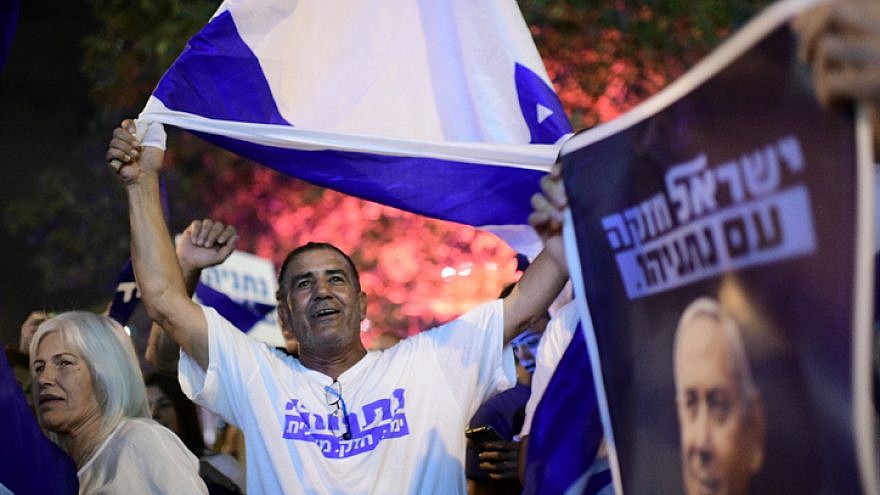Israeli Prime Minister Benjamin Netanyahu’s pre-indictment hearing began on Wednesday at the office of Attorney General Avichai Mandelblit in Jerusalem.
Over the next four days, Netanyahu’s attorneys, Amit Hadad, Ram Caspi and Yossi Ashkenazi, will try to convince Mandelblit to reduce or dismiss the charges against the prime minister.
According to Israeli media, as the meeting began, Caspi said, “There is material that can change the way things seem. The issue of clemency or a plea bargain is not on the table.”
Hadad added, “We will present the evidence we are all familiar with, as well as new evidence. We are certain that when we are finished presenting our side, there will be no option other than to close the case. We believe in the hearing process. We are not talking about a deal. We believe that in the end, all three cases must be closed.”
In “Case 2000,” scheduled for review on Sunday, Netanyahu is suspected of fraud and breach of trust in allegedly conspiring with Yediot Achronot publisher Arnon “Noni” Mozes to limit the circulation of competing Israel Hayom in exchange for positive coverage.
The final day of the pre-indictment hearing will review “Case 1000,” in which Netanyahu is being investigated for fraud and breach of trust for allegedly accepting bribes in the form of $200,000 worth of gifts from Israeli Hollywood mogul Arnon Milchan and Australian billionaire James Packer, in exchange for business and political favors.
The pre-indictment hearing was originally scheduled for just two days, but last week the attorney general agreed to Netanyahu’s attorneys’ request to extend the hearing so they could present all of their arguments.
Netanyahu denies all wrongdoing in all three criminal cases against him as he works to build a majority government following September’s second round of elections.
If legislation is not passed to grant immunity to sitting premiers, he could face prosecution while in office, which would result in new elections being called.
To avoid prosecution in the cases, Netanyahu would need to be granted immunity by a majority vote in the Knesset and pass legislation preventing the possibility of the Supreme Court overturning the Knesset decision.


























